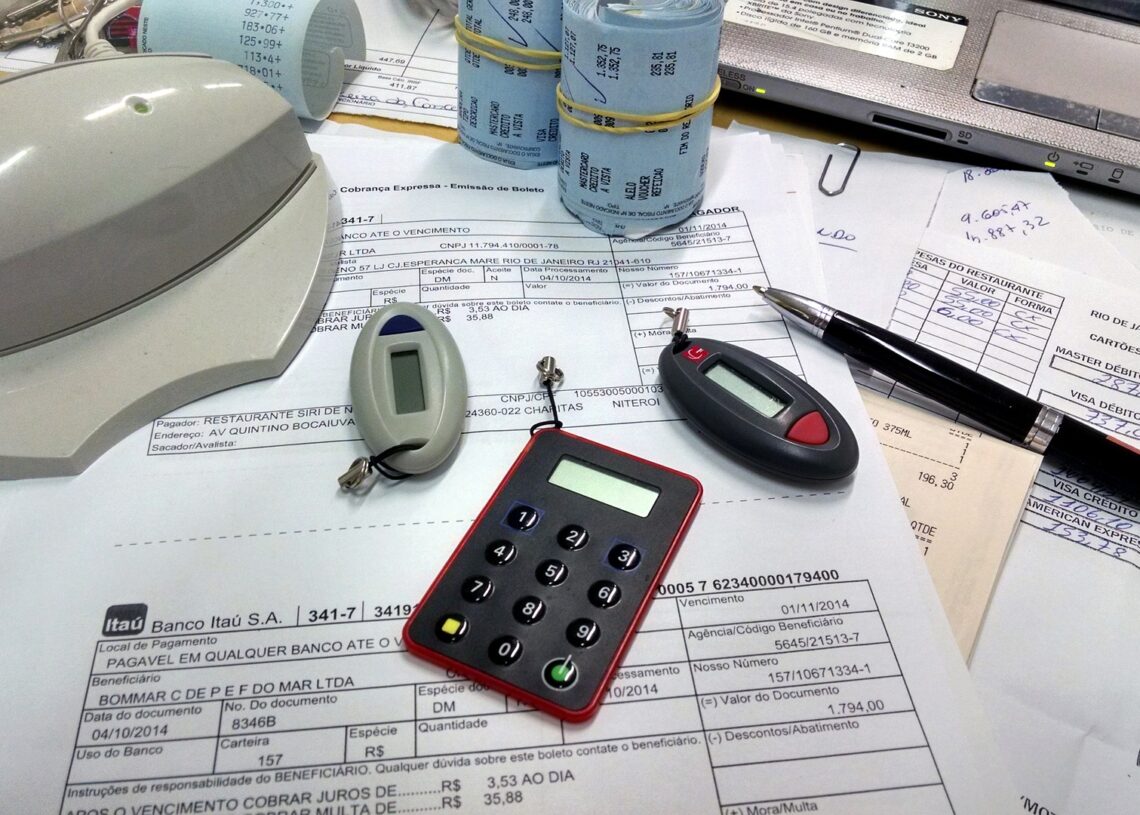There is no fixed business structure when it comes to a construction firm. That is why construction accounting is also different from the accounting procedures followed in regular businesses.
The key differences between regular accounting and construction accounting are as follows:
- Construction firms follow project-based accounting. This is because contractors have to work on multiple projects simultaneously, and some payments could be late, leading to delayed recording in the firm’s books.
- Some constructions contracts can last for years.
- On the balance sheet date, it can be challenging to determine percentage completion for a project.
- Construction accounting has to consider various fluctuating overhead expenses like the cost of material, training, equipment, travel, insurance, subcontractors, workers’ compensation, and more.
- Due to the mobile nature of construction work, construction accounting has to be handled with proper precision and consideration.
- Regular accounting only records the cost of the goods sold. But under construction accounting, the contractors need to keep track of every direct and indirect cost of a job.
- Construction accounting is more complex than regular accounting due to the wide range of services, including engineering, labour, physical products and materials, consulting, designing, and more.
The basics of construction accounting
1. Getting everything in order
Before starting construction accounting, it is crucial to get your company in order. This involves incorporating your company to get legal protection and buying insurance to cover you in case of any mishaps.
Doing everything right from the start can make construction accounting a little less complicated.
2. Using the job costing approach
Job costing is the best approach to track and report transactions for each project with precision.
Job costing refers to the strategy for allocating expenses and revenue to each particular job. Breaking down project costs will give you a comprehensive view of your financial statements and estimate each project’s profitability.
Job cost = Cost of direct labour + Cost of direct materials + Applied overhead
3. Recording the day-to-day transactions
Maintaining a detailed record of each transaction helps you to manage construction accounting easily. Immaculate bookkeeping helps to maintain the accuracy of the records and provides you with the correct financial position of your company.
It will also allow you to reconcile your bank statements and easily spot any discrepancy between your bank statements and the accounting system.
4. Tracking your firm’s expenses
Important construction expenses such as the cost of the material and the cost of labor can be managed using ERP accounting software. Categorizing your expenses by service and individual tasks will enable you to easily track how much money you have coming in and how much you have spent on expenses.
Some of the essential expenses that should be considered in construction accounting are:
- Software subscriptions
- Land costs
- Offsite costs
- Cost of raw materials
- Cost of direct and indirect labour
- Tools and equipment
- Insurance
- Marketing and advertising
5. Paying taxes before the deadline
It is crucial to figure out the best tax strategy for your company and stick to it.
A constant system will help you to file your tax returns before the deadlines. Timely submission will save you from paying any unwanted penalties charged by HMRC.
To estimate the tax that your firm has to pay, you can either use the completed contract approach (calculating the amount of taxes due on each contract) or the completion percentage approach (estimating your taxes using quarterly income and expenditure reports).
6. Managing your cash flows with caution
Accounting for construction projects requires some caution. It is essential to keep invoicing your clients regularly and demanding payment in advance for expensive materials and labour.
You can avoid getting stuck in the cash flow trap by stopping the work immediately if the client decides to stop the payment.
Things to keep in mind while doing construction accounting
- You must ensure that you have a separate bank account for your business so that your personal finances and business finances will not get mixed up and create confusion for you in the future.
- Construction firms have to follow the Construction Industries Scheme (CIS), under which the contractors take money out of a subcontractor’s paycheck and send it to HMRC.
Moreover, the construction firms have to follow the VAT domestic reverse charge that took effect on 1st March 2021 to restrict VAT frauds.
These policies have made construction accounting even more complex.
That is why it is recommendable to hire professional help like bookkeepers and accountants to reduce errors and manage the business finances efficiently.
To find qualified accountants, you can either search “accountants near me” on Google or ask your colleagues for recommendations. An alternative will be to use specialist websites like Experlu, which specialise in matching you with the best accountant.
- Using manual templates and spreadsheet for construction accounting is time-consuming. Instead, using automated professional accounting software will help you keep track of your records conveniently and quickly. It will also allow you to make smarter financial decisions for your firm.
- It is important to update your account at regular intervals of time. Building construction accounting into your workflow will allow you to determine the accurate financial position of your firm.
Read More Common Types Of Air Conditioning Units & Systems: Which Is Best For You?
Conclusion
The construction sector is a unique one, and while performing the accounting functions for a construction firm, the contractors have to consider various financial factors.
Therefore, the whole process of construction accounting can seem complex. But with the proper knowledge of construction accounting basics, achieving stability and success of the business and the satisfaction of your customers is not difficult.










